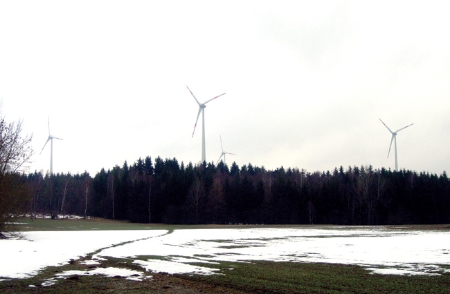It’s been a shaky week in Christchurch and Canterbury. Another M6.3 shock hit the city on Monday afternoon — renewing the misery for many in the city’s eastern and seaside suburbs, but thankfully not adding to the death toll. Attention has now turned — with some force — to the question of which suburbs should be rebuilt, and an excellent feature by David Williams in last Saturday’s Press on sea level rise and its implications for the rebuilding of Christchurch should cause some pause for thought. Williams interviewed James Hansen during his visit to the city last month (shortly before I did, in fact), and uses Hansen’s views on sea level rise to kick off his discussion:
Hansen says a multi-metre sea level rise is possible this century if greenhouse gas emissions, caused by things such as coal-fired power plants, vehicle engines and agriculture, are not reduced.

 In search of something cheering in the face of the depressing news of continuing increases in the levels of greenhouse gas emissions I found my way to the website of
In search of something cheering in the face of the depressing news of continuing increases in the levels of greenhouse gas emissions I found my way to the website of  Gareth’s
Gareth’s